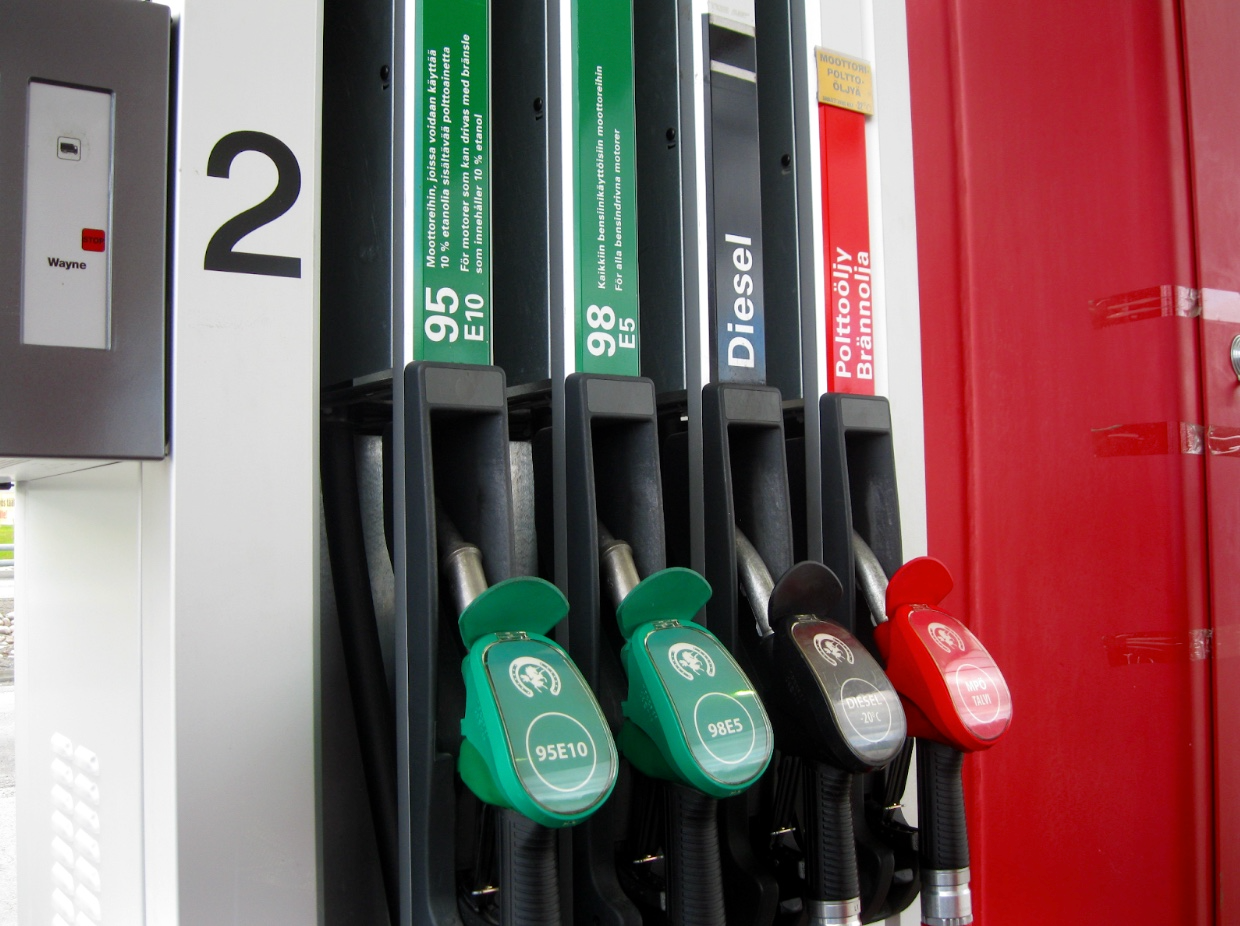Fuel duty reforms in the Autumn Budget 2024
PolicyEngine projects the reforms to fuel duty will cost £2.4 billion in 2025.

Contents
UK impacts
Budgetary impact
Comparison with official estimates
Distributional impact
Methodology notes
Chancellor Rachel Reeves today confirmed that duty will remain frozen at £0.5295 per litre for FY 2025, before rising with retail price inflation in future years, continuing a policy approach that has been maintained for several years.
UK impacts#
Using PolicyEngine's open-source model, we analyse this freeze's fiscal and distributional implications.
Budgetary impact#
We project the fuel duty freeze will reduce revenue by £6.4 billion over five years, with the largest impact in the first year:
The larger initial impact reflects the difference between the freeze and previously planned increases, while subsequent years reflect the revenue impact of the lagged inflation increases. We assume no behavioural responses in this estimate.
Comparison with official estimates#
Our estimates deviate by 3% with official projections. HM Treasury forecasts a £6.6 billion revenue reduction, while the OBR similarly projects a £6.6 billion cost - both very close to our £6.4 billion estimate.
The small variations between estimates may stem from slightly different assumptions about fuel consumption patterns or behavioural responses (we assume none), but the overall alignment suggests broad agreement about the fiscal implications of the freeze.
Distributional impact#
We estimate this policy would raise net incomes by up to 0.5% across the income distribution. The lowest income decile sees a rise of 0.5%, and higher income deciles see a lower rise.

Decile impacts
We estimate no impact on the absolute poverty rate, but a slight (0.2%) reduction in income inequality.
Methodology notes#
Our analysis employs PolicyEngine's open-source model, examining the direct impact of the duty freeze. We assume no behavioural responses for these estimates.

nikhil woodruff
PolicyEngine's Co-founder and CTO

Subscribe to PolicyEngine
Get the latests posts delivered right to your inbox.
PolicyEngine is a registered charity with the Charity Commission of England and Wales (no. 1210532) and as a private company limited by guarantee with Companies House (no. 15023806).
© 2025 PolicyEngine. All rights reserved.